
Like Splitting the Sea
Hashem sends people a mate that would be the best partner in the world for accomplishing their mission in life, but they want something more…

Mendel couldn’t stand it anymore. He looked around the village’s wooden synagogue where he spent much of his time when he wasn’t shlepping buckets of water from the river to people’s houses. Why was his life so hard? Yankel the baker always had plenty of customers in his bakery. Moishie the horse-trader made more money in one transaction than Mendel made all month. Yudke the shoemaker had orders for the next six weeks. They all had sufficient dowry money and all seemed to get good matrimonial proposals for their children, whom they married off in respectability. Mendel had three daughters at home who had already come of age; he could barely afford bread – where in the world would he get dowry money from? Would his daughters wither at home like last month’s flowers? He let out a sigh full of frustration and hopelessness. Then he remembered – the Rebbe! The Rebbe, a great tzaddik and a pupil of the holy Noam Elimelech, would surely be able to help him…
The Rebbe listened to Mendel’s woes and closed his eyes in deep concentration. A long minute later, he opened them: “Mendel, go to the marketplace in Vinnitza tomorrow. When you return, come back to me  and tell me what you found.”
and tell me what you found.”
Mendel was so excited, for salvation was surely on the way. He could barely sleep. Two hours the daybreak’s first light-beams illuminated the east, Mendel departed on foot to make the 12-kilometer trek to Vinnitza. He prayed with all the merchants in the market-place shtiebel, then went to explore the market. Disappointed, he returned to his village that evening, riding on the back of a hay wagon. He found no salvation to his plight and he hadn’t seen anything extraordinary.
Before he went home, he stopped by the Rebbe’s study. The Rebbe’s beadle ushered him in. The Rebbe looked up from his Gemara and asked, “Nu, Mendel – what did you find in the marketplace?”
“Nothing, Rebbe; no one offered me any manna from heaven and I didn’t see anything out of the ordinary…”
“Are you sure, Mendel? Think again – pay attention to any details that caught your eye.”
“One thing did catch my eye, Rebbe: when the cattle-and-grain traders all went to the square to haggle out deals, they tied their horses to the strong metal lampposts on the main street of the marketplace. The horses had steel bridles in their mouths and their leather halters were tied tightly so they couldn’t move; the traders left feed bags of hay and straw for each horse, then left to do business with each other…”
“And then, Mendel?” probed the Rebbe.
“The fruit and vegetable merchants were riding their own horse-drawn wagons down the street, full of tantalizing shiny red apples and crispy orange carrots. The horses that were hitched by the lampposts were going crazy – they wanted apples and carrots! As soon as they saw the fruits and the vegetables, they didn’t want their hay and straw anymore. They yanked and jerked and tried to set themselves free, but all they did was to injure themselves. Their bridles cut their mouths and they were straining their necks for nothing. In the end, the hitched horses realized that the apples and carrots were out of their reach and not theirs, so they ended up eating the hay and straw that was there from them anyway…”
“Mendel, do you realize the message that Hashem was sending to you?”
“Thanks to you, Rebbe, yes – I understand. Hashem wants me to eat my straw and hay willingly, without being jealous of Yankel’s ‘apples’ or Moishie’s ‘carrots’, which aren’t mine anyway…”
Nothing changed in Mendel’s life except that now he began to be happy with his lot in life.
The Gemara says that finding a person’s soulmate and earning a living are more difficult than splitting the Red Sea.
Is anything difficult for Hashem? What’s the intention of the Gemara?
Hashem readily has a means of making a living and a proper soulmate for each of us. Yet, few people are satisfied with what Hashem gives them; they want more! Instead of the basic necessities that Hashem gives them in the Divinely provisioned personal feed bag, they want Italian cars and French restaurants. Hashem sends them a mate that would be the best partner in the world for accomplishing their mission in life, but they want something more – someone with more money, better looks or a fancier pedigree. Like the frustrated horses, they break their necks trying to reach the apples and the carrots, which of course they never reach. The whole time, they could have kept their noses in their own feed bags, living an aggravation-free life.
If I’m not mistaken, the Gemara’s intent is that nothing of course is any more difficult for Hashem than blinking an eyelash. But, the difficulty is getting us humans to realize that Hashem is doing the best for each of us, and getting us to attain sufficient emuna to be totally happy with our “feed bags”, our own lot in life.
Hashem took the Jewish People out of Egypt with the intent of bringing them quickly to the Land of Israel. But rather than accepting Hashem’s way of doing things, each person had his own opinion. Some wanted to return to slavery in Egypt, like the leftists of today, surrendering to the Egyptians instead of submitting themselves to Hashem. Others, like the right-wingers of today, wanted to stand and fight. Nachshon Ben Aminadav understood that Hashem neither wanted surrender to the nations of the world nor a military conflict. He jumped into the water and then Hashem split the Red Sea. So we see once again that Hashem’s difficulty in splitting the Red Sea is getting everyone to realize that He’s doing the very best for them.



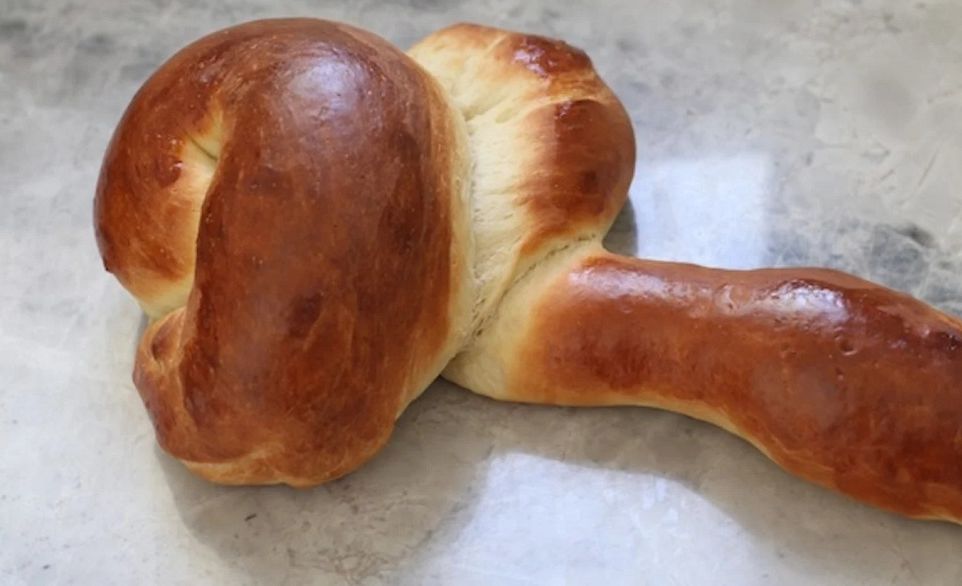
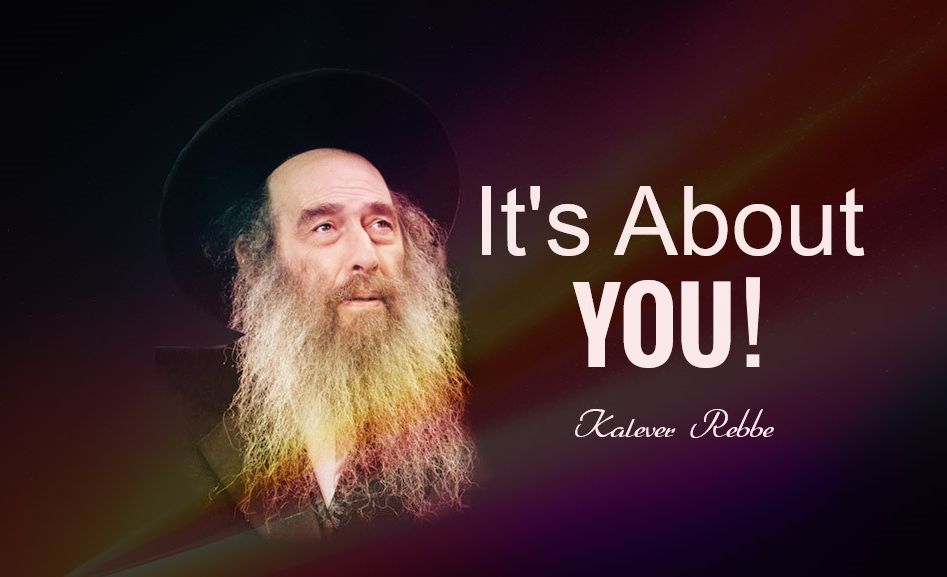

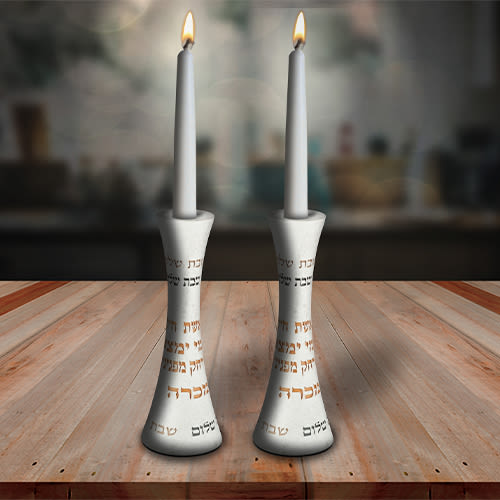
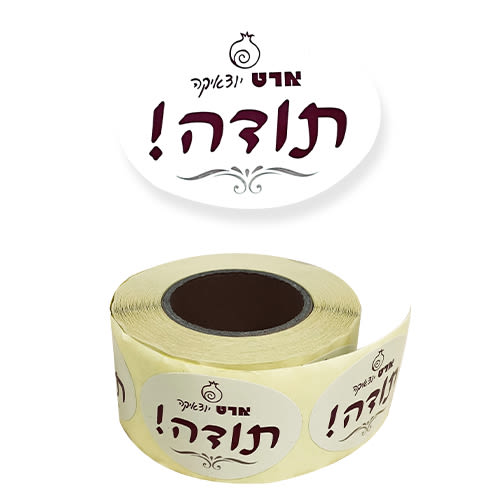

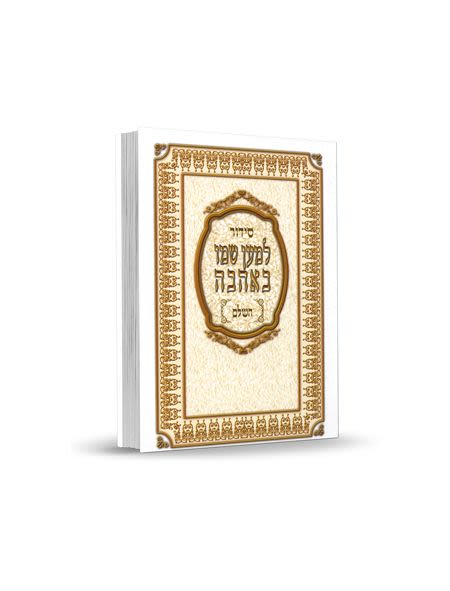
3/17/2015
gemara source
The Gemara says that finding a person's soulmate and earning a living are more difficult than splitting the Red Sea. please advise the source of this in the gemara thanks
Editor answers: Pesachim 118a
3/17/2015
The Gemara says that finding a person's soulmate and earning a living are more difficult than splitting the Red Sea. please advise the source of this in the gemara thanks
Editor answers: Pesachim 118a